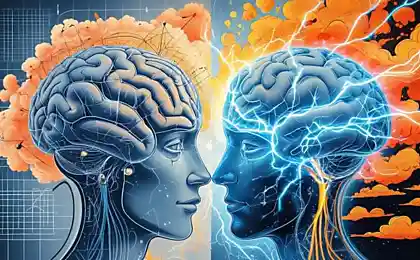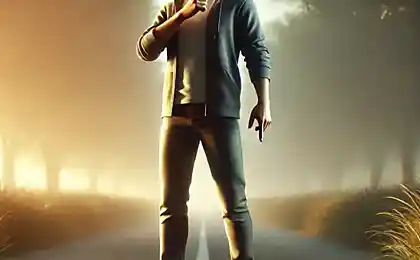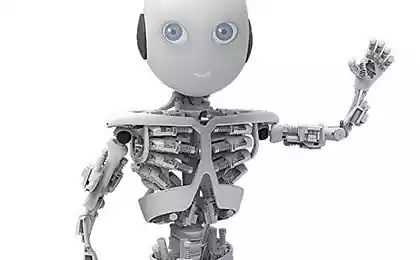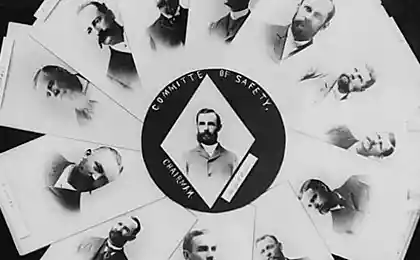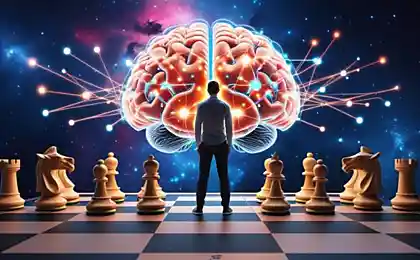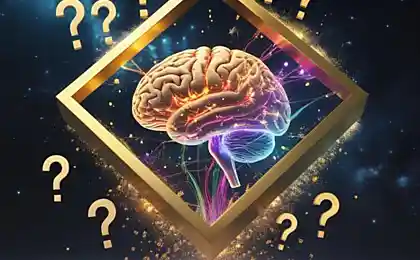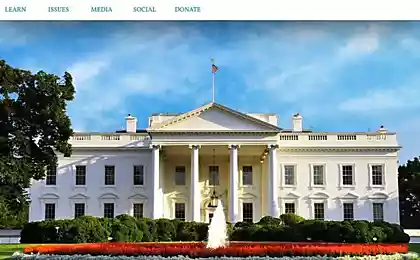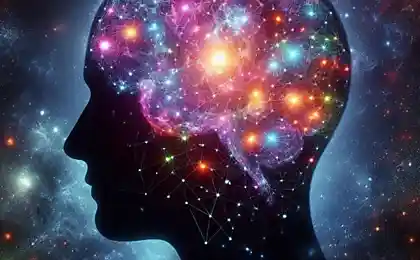622
7 of unexpected factors that may affect your decision
Everyone knows: before you make a decision, you should weigh the facts, to consider all options and consider how much time you have. But science knows about the other, much more unexpected factors affecting how and what decision you make. We invite you to meet with a selection of ten of these factors.
1. Time sutok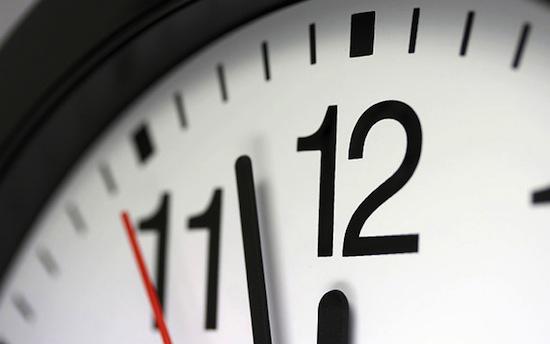
The more decisions we have to make, the more we get tired: tired brain in the same way as the body gets tired of physical labor. And the fatigue associated even with the difficulty or importance of the decision, and a number of them.
During the day we have dozens of times to choose - what to wear clothes, what to eat for breakfast, what products to buy in the store, what music to listen to, and so on. §. The fundamental difference between mental and physical fatigue only in the fact that in the first case, you do not always You realize that they are tired.
In 2011, researchers reviewed 1,100 judges and what decisions they make during the day, and found that the defendants in the morning are more likely to appeal - and all because the judge has not yet had time to get tired and solutions given to them easily .
2. Your urinary puzyr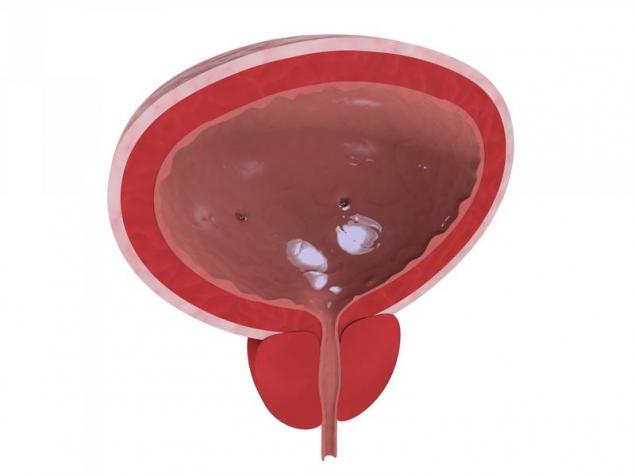
If you are faced with the need to make an important decision, the first thing you should not do before that - to go to the toilet.
Dutch scientist Mirjam Tuk received the Ig Nobel prize for his research on how to control the bladder can affect our behavior. Her research has shown that people who really need the toilet urgently, are "closer to the money" and "less impulsive, prefer to wait, but then get a great reward».
In one experiment, a group of volunteers drank a gulp of five glasses of water, while the other group drank a small cup of small sips. After about 40 minutes was evaluated self participants. They were asked to either get a $ 16 tomorrow or - $ 30 after 35 days. On average, those who want more in the bathroom, choose $ 30 are more likely than those who did not experience any difficulties.
3. Gnev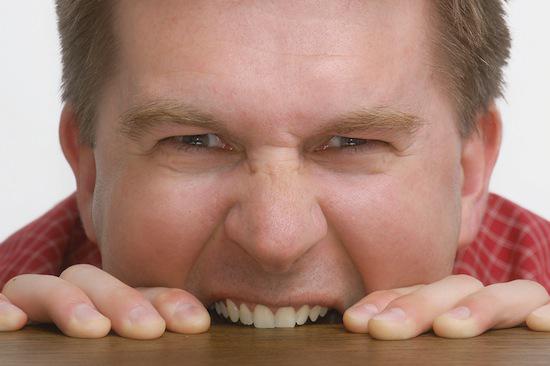
Anger can help you make a more informed decision. Wesley munsu and Diane Maiko, a psychologist at the University of California, conducted a series of experiments to find out exactly how anger affects the decision-making. In the first test group of students has been criticized because of their colleagues and was very angry. They were placed next to a group of participants in a completely calm. Then they were asked to debate on the topic of the financial viability of the students. Angry students tend to lead more informed arguments in defense of their position.
4. Vybor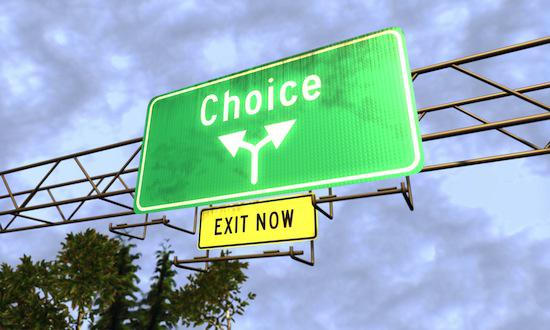
It is believed that the decision would be nice to have more options. In fact, the fewer choices we have, the happier we become, when making a choice. If the options are many - the choice is not great pleasure.
In one particular study, people were asked to choose from a large variety of sweets a pile. Of course, the participants in the experiment liked to choose from 30 kinds of sweets, but those who chose only six species were generally satisfied with their choice, and promised to buy the same candy again.
Barry Schwartz, author of the Paradox of Choice, explains this phenomenon: "The more options, the more likely that the choice you make - is not optimal, and this perspective negates all the fun from the acquisition of the desired product».
5. Temperatura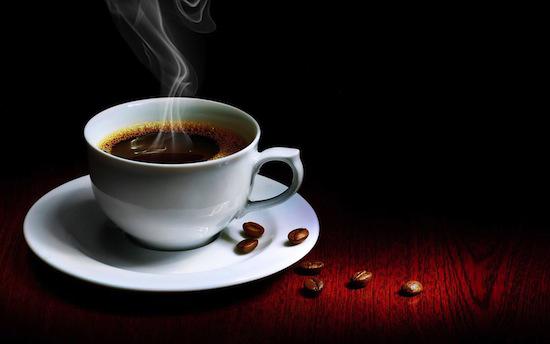
The psychologist John Bargh and Lawrence Williams marketer conducted an interesting test: a group of volunteers was asked to touch any hot or cold cup of coffee and then asked to describe their experiences with respect to a fictitious person. Those who touched a hot drink, tended to assess a person more warm and friendly.
In a later experiment, the volunteers, touching the warm object, shown great generosity: in particular, they preferred to give someone a gift certificate issued by him and not keep it. The higher the temperature is around, the more we tend to trust someone else to make decisions and risky transactions.
6. The rate of background muzyki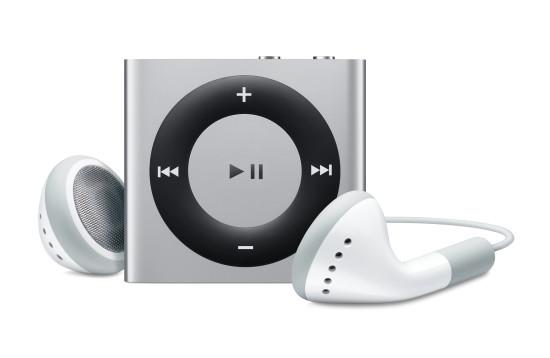
When we make a decision, it is better to listen to fast music. In 2009, the year etateoriya was confirmed by research. Difficult decisions given the test is easier for fast music, and in the case of the simple solutions, there was no difference between slow and fast tempo music.
7. Podsoznanie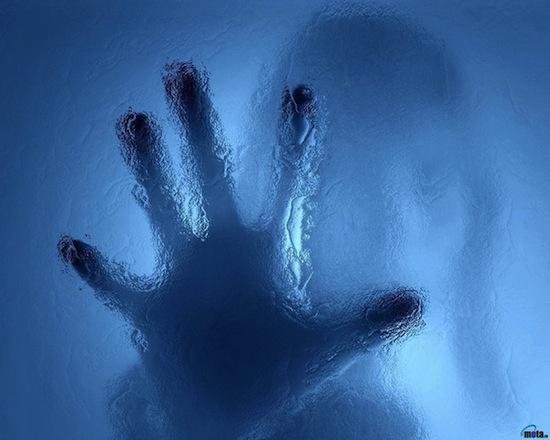
There is some reason to believe that the subconscious mind is better to make instant decisions than consciousness. Researchers in Leipzig have analyzed the laws of processes in the brain at the time before the decision and found that the subconscious mind can make a choice about seven seconds.
The study, published in the journal «Science», says ponder choice - so exaggerate the importance of certain aspects and downplay the significance of the other, which has a negative effect on the overall judgment. In short - the simple solution is best taken consciously and sophisticated - no.
via factroom.ru
1. Time sutok

The more decisions we have to make, the more we get tired: tired brain in the same way as the body gets tired of physical labor. And the fatigue associated even with the difficulty or importance of the decision, and a number of them.
During the day we have dozens of times to choose - what to wear clothes, what to eat for breakfast, what products to buy in the store, what music to listen to, and so on. §. The fundamental difference between mental and physical fatigue only in the fact that in the first case, you do not always You realize that they are tired.
In 2011, researchers reviewed 1,100 judges and what decisions they make during the day, and found that the defendants in the morning are more likely to appeal - and all because the judge has not yet had time to get tired and solutions given to them easily .
2. Your urinary puzyr

If you are faced with the need to make an important decision, the first thing you should not do before that - to go to the toilet.
Dutch scientist Mirjam Tuk received the Ig Nobel prize for his research on how to control the bladder can affect our behavior. Her research has shown that people who really need the toilet urgently, are "closer to the money" and "less impulsive, prefer to wait, but then get a great reward».
In one experiment, a group of volunteers drank a gulp of five glasses of water, while the other group drank a small cup of small sips. After about 40 minutes was evaluated self participants. They were asked to either get a $ 16 tomorrow or - $ 30 after 35 days. On average, those who want more in the bathroom, choose $ 30 are more likely than those who did not experience any difficulties.
3. Gnev

Anger can help you make a more informed decision. Wesley munsu and Diane Maiko, a psychologist at the University of California, conducted a series of experiments to find out exactly how anger affects the decision-making. In the first test group of students has been criticized because of their colleagues and was very angry. They were placed next to a group of participants in a completely calm. Then they were asked to debate on the topic of the financial viability of the students. Angry students tend to lead more informed arguments in defense of their position.
4. Vybor

It is believed that the decision would be nice to have more options. In fact, the fewer choices we have, the happier we become, when making a choice. If the options are many - the choice is not great pleasure.
In one particular study, people were asked to choose from a large variety of sweets a pile. Of course, the participants in the experiment liked to choose from 30 kinds of sweets, but those who chose only six species were generally satisfied with their choice, and promised to buy the same candy again.
Barry Schwartz, author of the Paradox of Choice, explains this phenomenon: "The more options, the more likely that the choice you make - is not optimal, and this perspective negates all the fun from the acquisition of the desired product».
5. Temperatura

The psychologist John Bargh and Lawrence Williams marketer conducted an interesting test: a group of volunteers was asked to touch any hot or cold cup of coffee and then asked to describe their experiences with respect to a fictitious person. Those who touched a hot drink, tended to assess a person more warm and friendly.
In a later experiment, the volunteers, touching the warm object, shown great generosity: in particular, they preferred to give someone a gift certificate issued by him and not keep it. The higher the temperature is around, the more we tend to trust someone else to make decisions and risky transactions.
6. The rate of background muzyki

When we make a decision, it is better to listen to fast music. In 2009, the year etateoriya was confirmed by research. Difficult decisions given the test is easier for fast music, and in the case of the simple solutions, there was no difference between slow and fast tempo music.
7. Podsoznanie

There is some reason to believe that the subconscious mind is better to make instant decisions than consciousness. Researchers in Leipzig have analyzed the laws of processes in the brain at the time before the decision and found that the subconscious mind can make a choice about seven seconds.
The study, published in the journal «Science», says ponder choice - so exaggerate the importance of certain aspects and downplay the significance of the other, which has a negative effect on the overall judgment. In short - the simple solution is best taken consciously and sophisticated - no.
via factroom.ru
If you do not have to signal that it's time to go to sleep, your sleep-wake cycle is 25 hours instead of 24
As a young Jackie Chan fighting corruption and opposed China's largest crime syndicate

